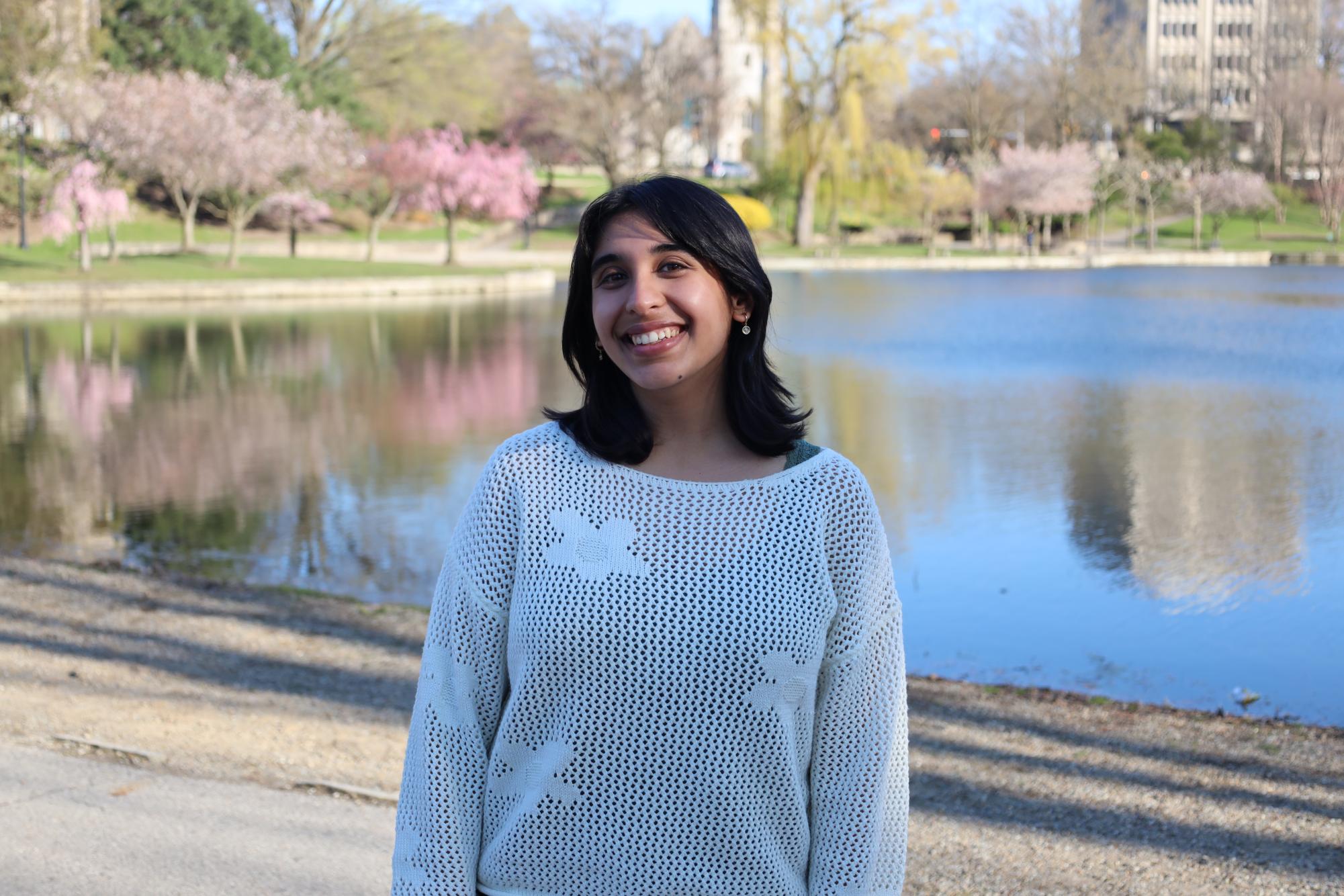On May 4, 1970, student journalists at Case Western Reserve University’s college radio station, WRUW-FM, broadcasted a revolution. With a 10-watt signal, they hauled yards of cable, mixers and mics across campus, providing vital, though amateur, coverage of campus reactions to the murder of four Kent State University students. As Art Ellis notes in WRUW-FM archival material, “I’m not sure if any member of our enthusiastic staff had completed a journalism course, but we somehow knew what great radio is all about. We simply turned on our mics, described what we saw and invited others to speak their minds.”
This is vital and powerful journalism—born of CWRU students with a dedication to free speech, telling the truth and amplifying voices within a community wrought by a diversity of perspectives. In my time at CWRU, I have had the privilege of engaging with everyday students who embody this spirit in all of their work: academic, journalistic or activistic. We fight to do what Ellis did in 1970; we describe what we see and invite others to speak their minds.
In my short time on The Observer’s staff, I have fallen in love with the organization and its ability to provide an outlet for the campus community to engage in discourse beyond the classroom. Last semester, I met a student who expressed their frustration with the empty promises made by CWRU administration to protect and support the student body. They also expressed a desire for The Observer to continue magnifying ignored student voices. “You speak for students,” they told me, “It is already hard to talk about topics on campus and honestly, coverage from The Observer is the only thing keeping me from actually losing it.”
I applied to be The Observer’s News editor immediately after this encounter. I see the amplification of student voices—what The Observer publishes, what student activists stand up for at demonstrations and what representatives advocate for during student government meetings—as vital in developing and maintaining a campus climate of forward-thinking empathy. Through our words, written or broadcasted, we can call out injustice, yes, but also unite people in fighting for a common goal and ultimately strive for morality and positive change.
I am eternally thankful to The Observer (and WRUW-FM, my heart and soul) for teaching me what cannot be learned in the classroom: how to not just think critically but act on what matters most, how to develop meaningful relationships founded on mutual understanding and empathy and how to lead with integrity when standing on the right side of history.



